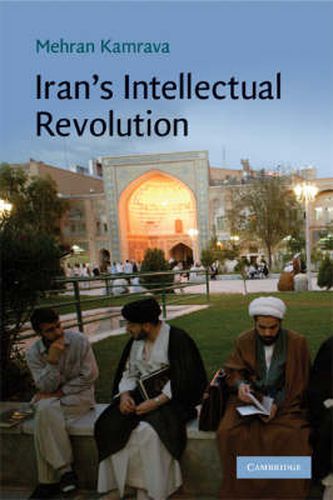Readings Newsletter
Become a Readings Member to make your shopping experience even easier.
Sign in or sign up for free!
You’re not far away from qualifying for FREE standard shipping within Australia
You’ve qualified for FREE standard shipping within Australia
The cart is loading…






Since its revolution in 1979, Iran has been viewed as the bastion of radical Islam and a sponsor of terrorism. The focus on its volatile internal politics and its foreign relations has, according to Kamrava, distracted attention from more subtle transformations which have been taking place there in the intervening years. With the death of Ayatollah Khomeini a more relaxed political environment opened up in Iran, which encouraged intellectual and political debate between learned elites and religious reformers. What emerged from these interactions were three competing ideologies which Kamrava categorises as conservative, reformist and secular. As the book aptly demonstrates, these developments, which amount to an intellectual revolution, will have profound and far-reaching consequences for the future of the Islamic republic, its people and very probably for countries beyond its borders. This thought-provoking account of the Iranian intellectual and cultural scene will confound stereotypical views of Iran and its mullahs.
$9.00 standard shipping within Australia
FREE standard shipping within Australia for orders over $100.00
Express & International shipping calculated at checkout
Since its revolution in 1979, Iran has been viewed as the bastion of radical Islam and a sponsor of terrorism. The focus on its volatile internal politics and its foreign relations has, according to Kamrava, distracted attention from more subtle transformations which have been taking place there in the intervening years. With the death of Ayatollah Khomeini a more relaxed political environment opened up in Iran, which encouraged intellectual and political debate between learned elites and religious reformers. What emerged from these interactions were three competing ideologies which Kamrava categorises as conservative, reformist and secular. As the book aptly demonstrates, these developments, which amount to an intellectual revolution, will have profound and far-reaching consequences for the future of the Islamic republic, its people and very probably for countries beyond its borders. This thought-provoking account of the Iranian intellectual and cultural scene will confound stereotypical views of Iran and its mullahs.